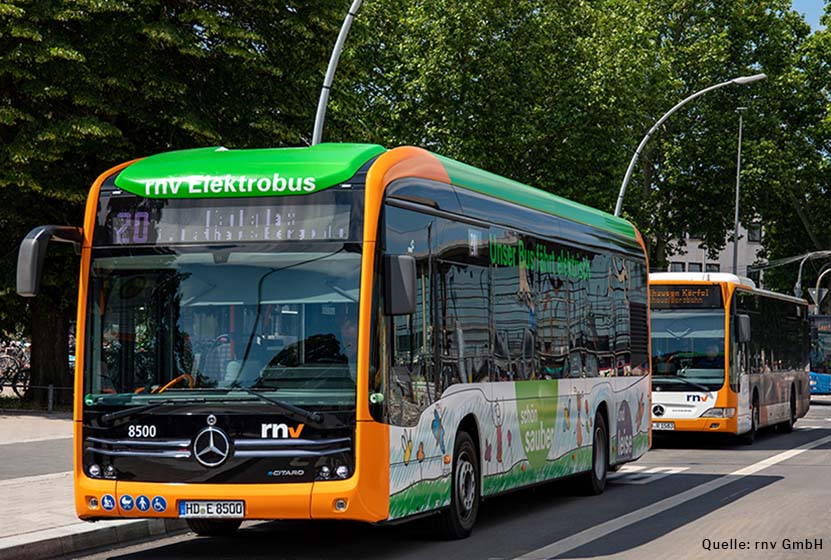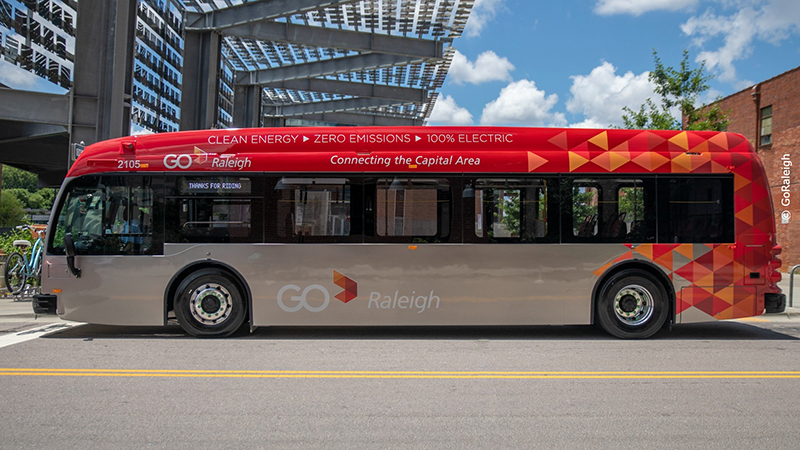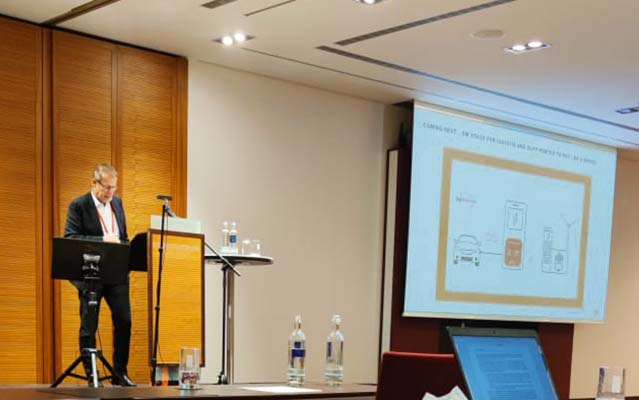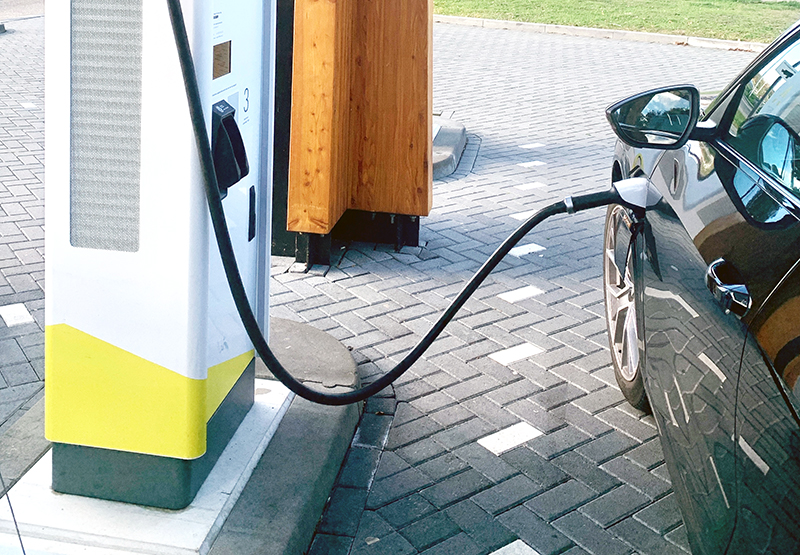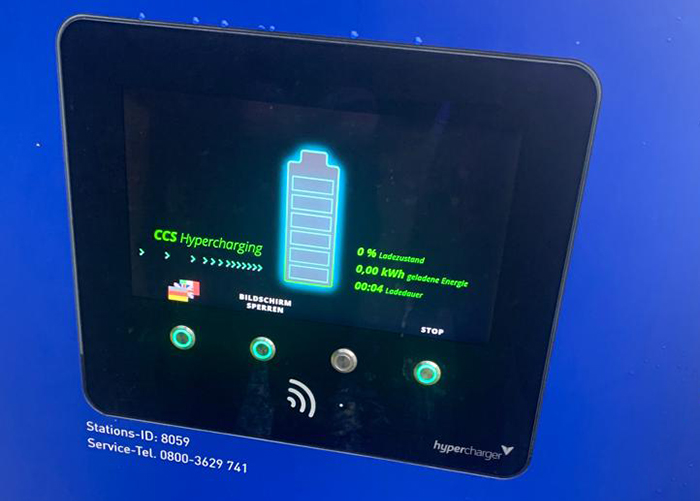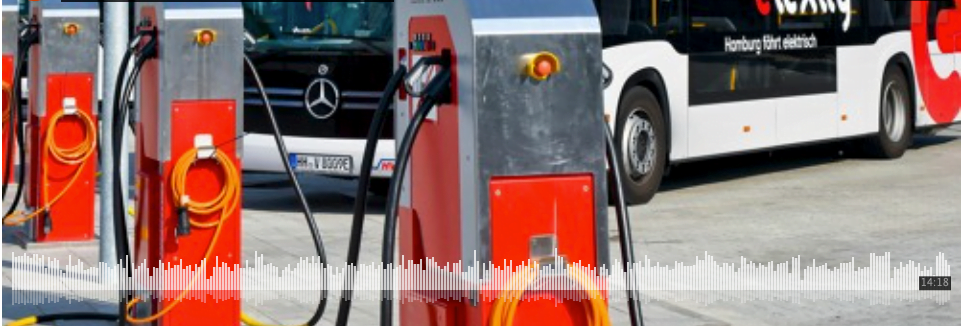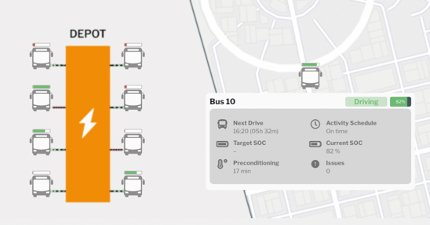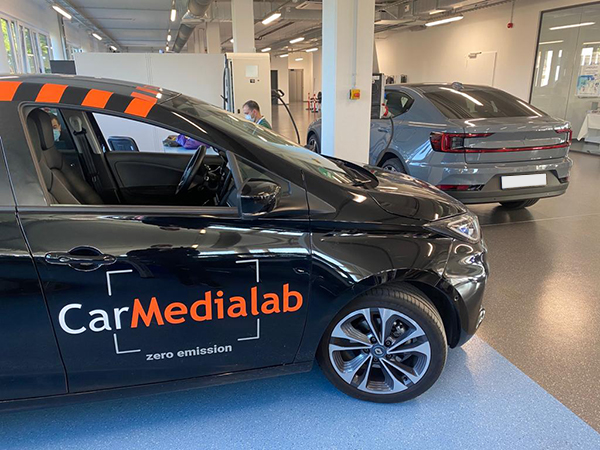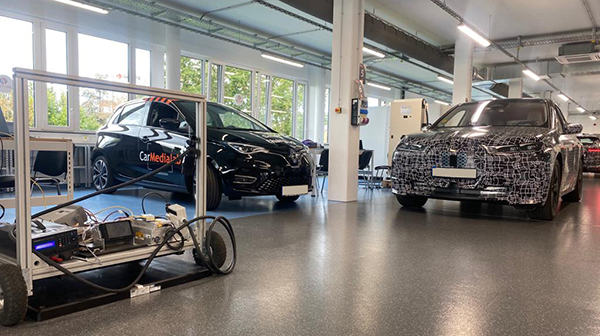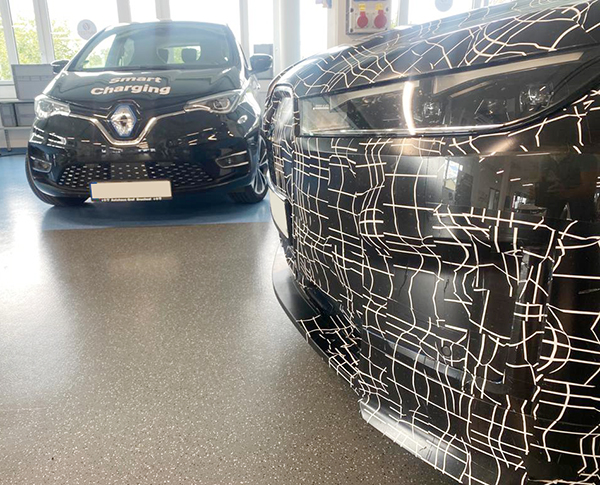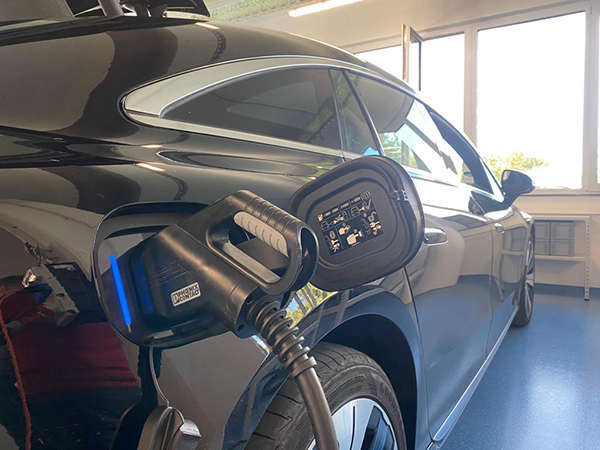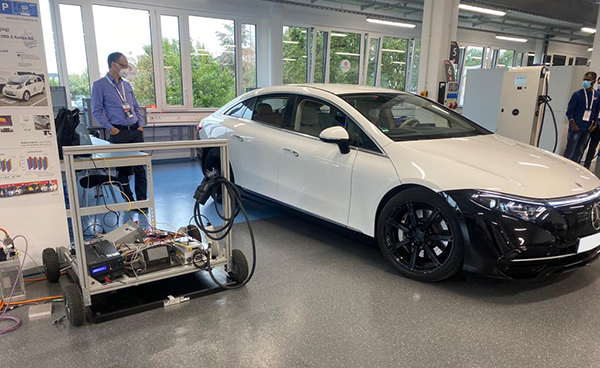OCPP compliance for EV charging stations
By 2030, major countries like Germany and Great Britain will have set sales target for how many electric vehicles (EV) are sold and even limiting the number of internal combustion engine (ICE) vehicles sold. To reach these targets, governments are incentivizing the public to purchase electric cars by providing subsidies such as tax credits to consumers.

The major concern of drivers, who were surveyed about their concerns with EVs, is that there is a limited number of available public charging stations accessible on their route of travel. Nobody wants to be stranded in the middle of nowhere, leaving them with no other option than being towed away. The distance between EV charging stations are still far apart, and the average range of EVs are still less than that of ICE vehicles. Thus, the electrification of the roadway infrastructure affects the decision of choosing between an EV and ICE vehicle directly.
Overcoming this issue will be a matter of installing more EV charging stations. Governments are encouraging companies to install charging stations on site for their employees to charge their cars while at work. They subsidize the purchase so the cost is as low as possible for the new buyer of an electric car.
This potential increase in EV sales will motivate more charging station manufacturers to enter the market. So how do you keep your position in the market and how do you make sure that you’re not being overtaken by a newcomer?
Compliance is key
When EV charging stations become more ubiquitous, the main challenge will be to avoid too many overlapping standards. Different types of charge management systems will limit the number of electric vehicles that can be served by each supplier. This will make the infrastructure even more complex as different types of charging points need to be setup.
If the charge management system are all run on OCPP-compliant software, Smart charging according to the ISO 15 118 standard standard will provide much more flexibility, thus different charging stations can be setup in different locations giving the driver a sense of security, since they will always be able to charge their vehicle.
Therefore, it’s important as a manufacturer to make sure that their charge management system as well as the charging points are OCPP compliant. That way we make smart charging accessible to everyone and we can help governments reach their targets even earlier than 2030.
Let’s do this!


